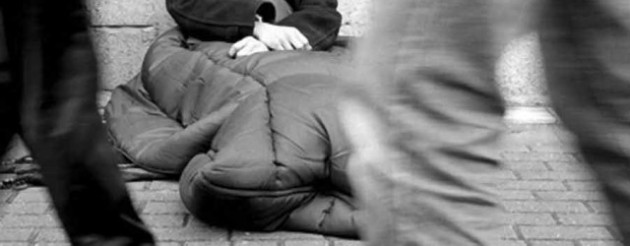https://medium.com/editors-picks/892b57499e77 – Imagining the Post-antibiotics Future
I read this piece during a spare moment at work. It terrified me.
Can you imagine a world where a scraped knee could kill a child? Where mothers don’t live long enough to see their children after childbirth? Where a sore ear could cause lifelong deafness?
It would be like returning to the 18th century.
A world without antibiotics is a terrifying prospect, not least because the advantages of modern science mean that we take our defence against infections for granted. It is clear that we need to take steps to prevent these important medicines from becoming completely ineffective, and it is important that these steps are taken by patients and doctors, hand in hand. Patients need to recognise that not every common minor illness requires antibiotic treatment. Obviously, severe bacterial infections necessitate such tough medicines, but for minor viruses like the common cold, antibiotics won’t help. At the same time, doctors need to ensure patients are informed of the proper uses for antibiotics, and guide them through alternative treatments for their minor ailments.
I came down with a cold not long ago. Nothing more than a sore throat, blocked nose and a cough. But the cough stopped me from doing my job of answering phones. I took the day off and visited the doctor for the necessary medical certificate – and left with a script for antibiotics.
I know what you’re thinking. The doctor knows best, he has years of medical schooling – but it is common knowledge that antibiotics will not treat a cold. My main concern was that I was prescribed these powerful drugs without having any further tests done. How could he be sure I needed them? He couldn’t. I dumped the script in the bin and, after a couple of days of rest coupled with codrals, I ‘miraculously’ recovered.
But it worries me that our first defence against serious bacterial infections can be so readily misused. No wonder then, that resistance to antibiotics is growing, when bacteria are given opportunities like this to develop their resistance to our medical weapons.
Obviously, as the article mentions, there are other factors contributing to the decreasing effectiveness of antibiotics. But it is important that patients and doctors alike recognise that antibiotics are effective only when used for their true purpose- fighting bacteria. Having spoken to others, I know I am not the only one who has been prescribed these drugs unnecessarily. Unless we want to see them fail completely, we need to start treating antibiotics with respect, using them only when necessary and as prescribed. The alternative world presented in the article above is only too close to becoming our reality.

